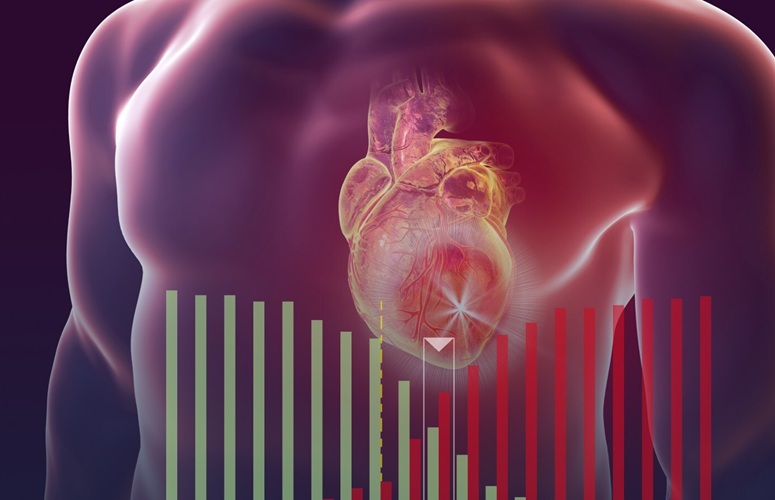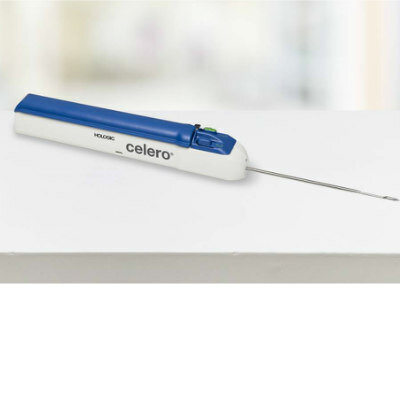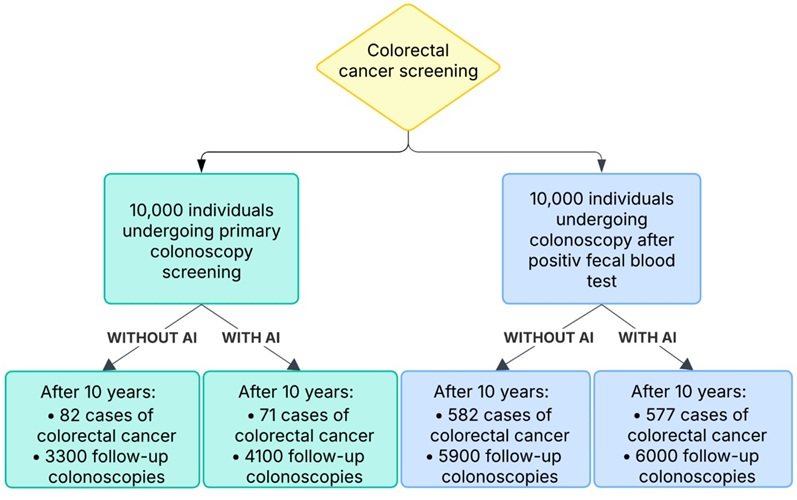New High-Sensitivity Cardiac Troponin Test Quickly Rules Out Heart Attack
|
By HospiMedica International staff writers Posted on 06 Nov 2024 |

Patients arriving at an emergency department with symptoms like chest or arm pain, indicative of a potential heart attack, often prefer the comfort of home over a hospital bed—especially if they can be assured they are not experiencing a heart attack. However, it can be challenging for clinicians to ascertain whether such pain is heart-related. Now, new research indicates that up to 60% of individuals visiting emergency departments across the world with heart attack symptoms could be safely discharged, many at earlier stages, using a new high-sensitivity cardiac troponin test.
Mindray’s (Shenzhen, China) cardiac troponin I assay enables clinical teams to measure troponin I proteins released into the bloodstream during heart attacks or when the heart is damaged. This assay, noted for its high precision and sensitivity for both men and women, was the subject of a study conducted by cardiac biomarker specialists at Hennepin Healthcare’s Hennepin County Medical Center (Minneapolis, MN, USA). Initial findings suggest significant clinical applications that could reduce the strain on busy emergency departments. The test not only matched or exceeded the performance of existing assays but also showed potential for helping clinical teams rule out many patients with heart attack symptoms at an early stage.
In a study involving over 1,500 patients presenting with symptoms like chest pain, arm pain, or jaw pain, researchers discovered that 15% of those who arrived early could be ruled out for a heart attack based on a single blood test taken upon arrival. Typically, most assays of this type require an initial blood sample as a baseline measurement, followed by another test for cardiac troponin I two hours later. By combining this approach and applying a second blood sample to the Mindray assay after two hours, researchers found that an additional 30-40% of the remaining participants could also be safely ruled out, with a less than 1% likelihood of an adverse event within the following 30 days.
The exceptional precision in measuring cardiac troponin I with the Mindray assay allowed for further patients to be ruled out. Ultimately, researchers identified that 60% of patients arriving at the emergency department with symptoms akin to a heart attack could safely return home. Besides ruling individuals out, the findings suggest that the assay can effectively determine, with a high positive predictive value of approximately 70%, when patients are indeed experiencing a heart attack, aiding clinical decisions for immediate admissions. The preliminary results are currently under peer review, and further investigations are underway. Future research into high-sensitivity cardiac troponin I and T assays aims to enhance clinicians' understanding of whether myocardial injuries are chronic or acute, ultimately guiding them toward the most effective treatments and therapies for patients.
“Our preliminary findings around Mindray’s high-sensitivity troponin I test are exciting for emergency medicine – with multiple ways this could be built into algorithmic clinical practice to help avoid overcrowding and enhance triage safety,” said Professor Fred Apple, the study’s principal investigator and a medical director in laboratory medicine at Hennepin Healthcare. “That it is so incredibly precise and analytically very sensitive to measure low cardiac troponin concentrations, opens new and unique possibilities when patients present early to an emergency department, so that clinicians can make informed decisions to send people home, without concern.”
Related Links:
Mindray
Hennepin Healthcare
Channels
Artificial Intelligence
view channel
Innovative Risk Score Predicts Heart Attack or Stroke in Kidney Transplant Candidates
Heart researchers have utilized an innovative risk assessment score to accurately predict whether patients being evaluated for kidney transplants are at risk for future major cardiac events, such as a... Read more
AI Algorithm Detects Early-Stage Metabolic-Associated Steatotic Liver Disease Using EHRs
Liver disease, which is treatable when detected early, often goes unnoticed until it reaches advanced stages. Metabolic-associated steatotic liver disease (MASLD), the most prevalent form of liver disease,... Read moreCritical Care
view channel
AI Eye Scans Could Help Identify Heart Disease and Stroke Risk
New research has explored the advantages of utilizing artificial intelligence (AI) retinal imaging for screening cardiovascular diseases in general practice (GP) clinics and highlighted areas where improvements... Read more
Digital Heart Twin Improves Diagnosis and Treatment of Cardiac Arrhythmias
Millions of individuals around the globe suffer from cardiac arrhythmias. Traditionally, electrocardiography (ECG) has been used to detect premature ventricular contractions (PVCs), one of the most common... Read more
First-Of-Its-Kind AI-Powered Probability Scoring System Assesses Heart Failure with Preserved Ejection Fraction
Heart failure with preserved ejection fraction (HFpEF) is one of the most difficult types of heart failure to diagnose due to the intricate interaction between various clinical and echocardiographic factors.... Read moreSurgical Techniques
view channel
New Transcatheter Valve Found Safe and Effective for Treating Aortic Regurgitation
Aortic regurgitation is a condition in which the aortic valve does not close properly, allowing blood to flow backward into the left ventricle. This results in decreased blood flow from the heart to the... Read more
Minimally Invasive Valve Repair Reduces Hospitalizations in Severe Tricuspid Regurgitation Patients
The tricuspid valve is one of the four heart valves, responsible for regulating blood flow from the right atrium (the heart's upper-right chamber) to the right ventricle (the lower-right chamber).... Read morePatient Care
view channel
Portable Biosensor Platform to Reduce Hospital-Acquired Infections
Approximately 4 million patients in the European Union acquire healthcare-associated infections (HAIs) or nosocomial infections each year, with around 37,000 deaths directly resulting from these infections,... Read moreFirst-Of-Its-Kind Portable Germicidal Light Technology Disinfects High-Touch Clinical Surfaces in Seconds
Reducing healthcare-acquired infections (HAIs) remains a pressing issue within global healthcare systems. In the United States alone, 1.7 million patients contract HAIs annually, leading to approximately... Read more
Surgical Capacity Optimization Solution Helps Hospitals Boost OR Utilization
An innovative solution has the capability to transform surgical capacity utilization by targeting the root cause of surgical block time inefficiencies. Fujitsu Limited’s (Tokyo, Japan) Surgical Capacity... Read more
Game-Changing Innovation in Surgical Instrument Sterilization Significantly Improves OR Throughput
A groundbreaking innovation enables hospitals to significantly improve instrument processing time and throughput in operating rooms (ORs) and sterile processing departments. Turbett Surgical, Inc.... Read moreHealth IT
view channel
Printable Molecule-Selective Nanoparticles Enable Mass Production of Wearable Biosensors
The future of medicine is likely to focus on the personalization of healthcare—understanding exactly what an individual requires and delivering the appropriate combination of nutrients, metabolites, and... Read more
Smartwatches Could Detect Congestive Heart Failure
Diagnosing congestive heart failure (CHF) typically requires expensive and time-consuming imaging techniques like echocardiography, also known as cardiac ultrasound. Previously, detecting CHF by analyzing... Read morePoint of Care
view channel
Handheld, Sound-Based Diagnostic System Delivers Bedside Blood Test Results in An Hour
Patients who go to a doctor for a blood test often have to contend with a needle and syringe, followed by a long wait—sometimes hours or even days—for lab results. Scientists have been working hard to... Read more
Smartphone-Enabled, Paper-Based Quantitative Diagnostic Platform Transforms POC Testing
Point-of-care diagnostics are crucial for public health, offering rapid, on-site testing that enables prompt diagnosis and treatment. This is especially valuable in remote or underserved regions where... Read moreBusiness
view channel
Expanded Collaboration to Transform OR Technology Through AI and Automation
The expansion of an existing collaboration between three leading companies aims to develop artificial intelligence (AI)-driven solutions for smart operating rooms with sophisticated monitoring and automation.... Read more


















